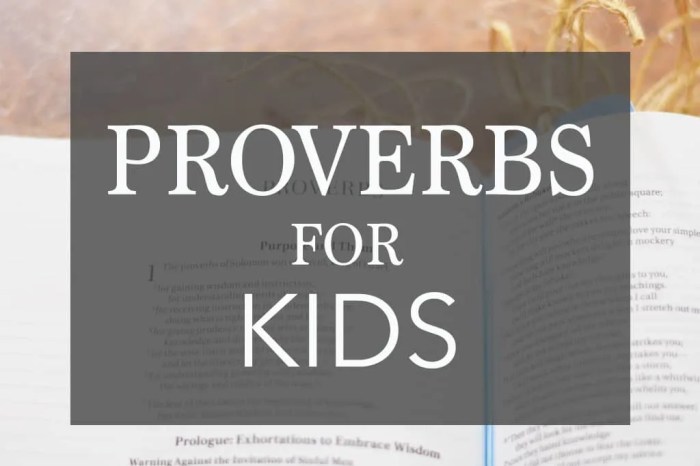Test the book of proverbs – Embark on a journey through the timeless wisdom of the Book of Proverbs, a treasure trove of practical advice and profound insights that will guide you through life’s complexities.
This ancient collection of proverbs, maxims, and wisdom sayings offers a wealth of knowledge on righteousness, justice, and the fear of the Lord. Its teachings have shaped moral values, ethical behavior, and societal harmony for centuries.
Contextual Understanding of the Book of Proverbs: Test The Book Of Proverbs
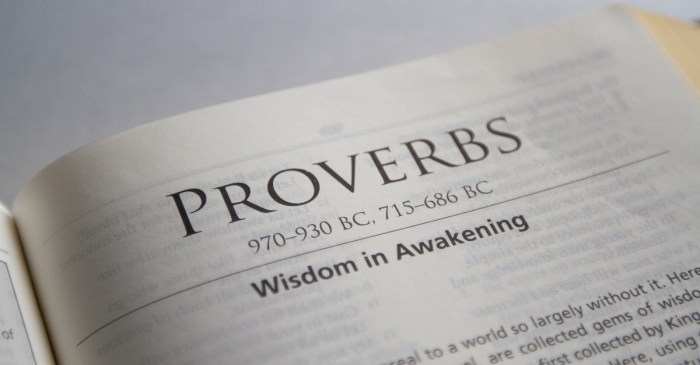
The Book of Proverbs is a collection of wise sayings and practical advice found in the Hebrew Bible. It is believed to have been written by King Solomon, the son of King David, around 950 BC. The book’s purpose is to provide guidance for living a righteous and successful life, based on the principles of wisdom, justice, and righteousness.
The Book of Proverbs is organized into 31 chapters, each containing a series of short, pithy sayings. These sayings are often expressed in the form of proverbs, maxims, and wisdom sayings. Proverbs are concise statements that express a general truth or principle, while maxims are more specific rules of conduct.
Wisdom sayings, on the other hand, offer practical advice on how to live a good life.
Authorship and Historical Context
The Book of Proverbs is traditionally attributed to King Solomon, who is known for his wisdom and wealth. However, some scholars believe that the book was written by a group of wise men over a period of time. The book reflects the social and cultural values of ancient Israel, and it provides insights into the daily lives of the people during that time.
Exploring the Themes and Wisdom of Proverbs
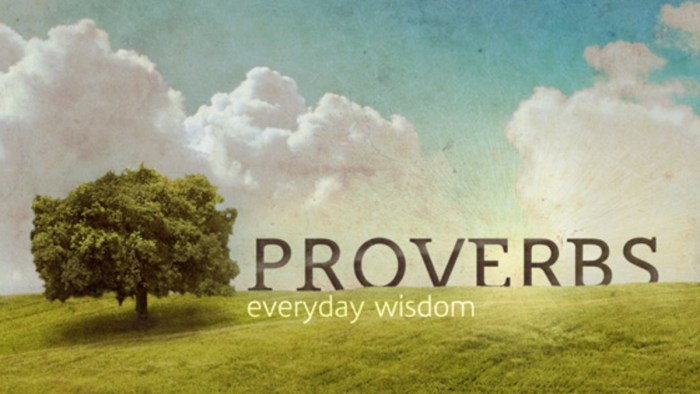
The Book of Proverbs is a treasure trove of practical wisdom and timeless principles for living a fulfilling and righteous life. Its central themes, woven throughout its chapters, provide guidance on various aspects of human existence.
Righteousness and Justice
Proverbs emphasizes the importance of righteousness and justice, both in personal conduct and societal interactions. Righteousness refers to living in accordance with God’s laws and principles, while justice involves treating others fairly and impartially.
“Righteousness exalts a nation, but sin is a disgrace to any people.” (Proverbs 14:34)
This proverb underscores the collective impact of righteous behavior on society, leading to its prosperity and well-being.
Wisdom and Understanding, Test the book of proverbs
Proverbs places a high value on wisdom and understanding. Wisdom refers to the ability to discern what is right and wrong, while understanding involves comprehending the deeper meaning and purpose of things.
“The fear of the Lord is the beginning of wisdom, and the knowledge of the Holy One is understanding.” (Proverbs 9:10)
This proverb highlights the connection between reverence for God and the acquisition of true wisdom and understanding.
Practical Applications
The wisdom found in Proverbs has practical applications for daily living and decision-making. Its teachings guide individuals in navigating relationships, managing finances, and pursuing personal growth.
- For instance, Proverbs 27:17 advises, “Iron sharpens iron, and one man sharpens another.” This proverb encourages seeking out friendships and relationships that foster personal growth and accountability.
- Proverbs 21:20 cautions, “There is precious treasure and oil in the dwelling of the wise, but a foolish man devours it.” This proverb emphasizes the importance of prudent financial management and avoiding reckless spending.
The Relevance of Proverbs in Contemporary Society
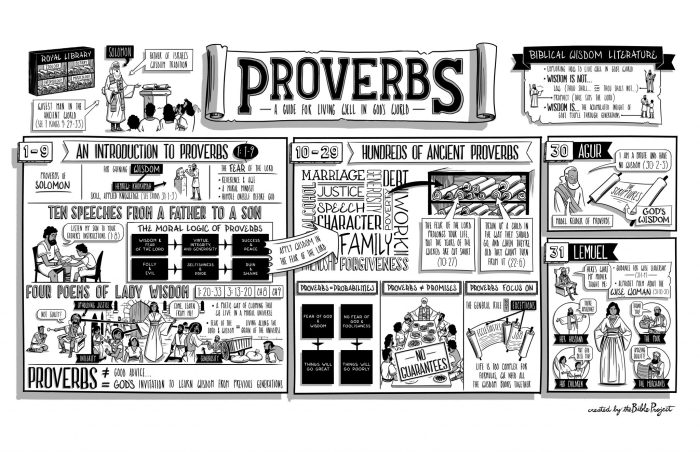
The Book of Proverbs, with its timeless wisdom and practical guidance, remains a vital resource for navigating the complexities of contemporary society. Its teachings transcend cultural and temporal boundaries, offering insights that resonate with individuals and communities today.
While testing the book of proverbs, you might encounter some interesting words that end with “iest.” These words often convey the most or highest degree of something. For example, “earliest” describes the first occurrence of an event. Exploring words that end with iest can enhance your vocabulary and help you appreciate the nuances of language, making your proverb-testing experience even more rewarding.
Proverbs and Moral Values
Proverbs play a crucial role in shaping moral values and ethical behavior. They provide a framework for discerning right from wrong, promoting honesty, integrity, and compassion. In an era characterized by moral relativism and ethical ambiguity, Proverbs offers a clear and unwavering guide for moral conduct.
- Proverbs 12:22: “Lying lips are an abomination to the Lord, but those who deal truthfully are his delight.”
- Proverbs 16:8: “Better is a little with righteousness than great revenues with injustice.”
Proverbs and Societal Harmony
Proverbs also foster societal harmony by promoting respect, tolerance, and cooperation. They emphasize the importance of treating others with dignity and understanding, regardless of their differences. In a world often divided by conflict and intolerance, Proverbs provides a roadmap for building bridges and creating a more harmonious society.
- Proverbs 15:1: “A soft answer turns away wrath, but a harsh word stirs up anger.”
- Proverbs 17:9: “Whoever conceals a transgression seeks love, but he who repeats a matter separates friends.”
Comparative Analysis of Proverbs with Other Wisdom Literature
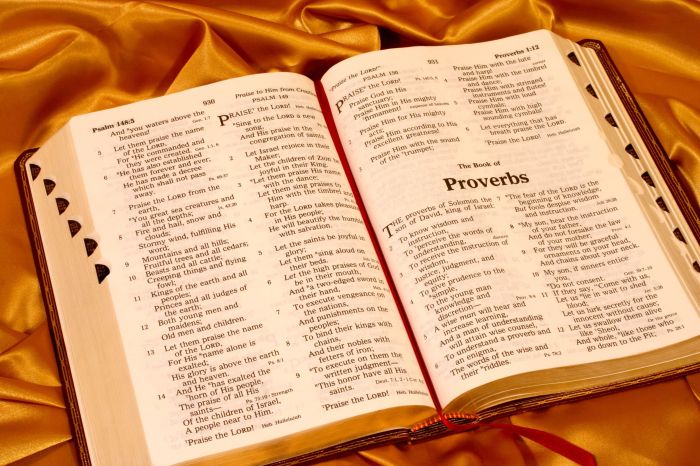
The Book of Proverbs is part of a broader tradition of wisdom literature that existed in ancient cultures throughout the world. Comparing Proverbs with other works of wisdom literature provides valuable insights into its themes, literary styles, and cultural contexts.
Similarities
- Focus on Practical Wisdom:Proverbs, like other wisdom literature, aims to impart practical advice and guidance for everyday life.
- Use of Aphorisms and Proverbs:Wisdom literature often employs short, memorable sayings (aphorisms and proverbs) to convey its messages.
- Emphasis on Virtue and Righteousness:Many wisdom texts promote moral values, emphasizing the importance of virtue, honesty, and justice.
Differences
- Cultural Context:Proverbs is a product of ancient Israelite culture, while other wisdom texts reflect the values and beliefs of different societies (e.g., Egyptian, Babylonian).
- Religious Elements:Proverbs contains significant religious elements, reflecting the Israelites’ belief in God and their understanding of his will.
- Literary Style:While all wisdom literature uses figurative language and symbolism, Proverbs is particularly known for its concise and poetic style.
Significance of Comparison
Comparing Proverbs with other wisdom literature helps us:
- Understand the universal themes of wisdom and their expression across cultures.
- Appreciate the unique characteristics of Proverbs within the wisdom tradition.
- Gain a deeper understanding of the cultural and historical context in which Proverbs was written.
Historical and Cultural Impact of Proverbs
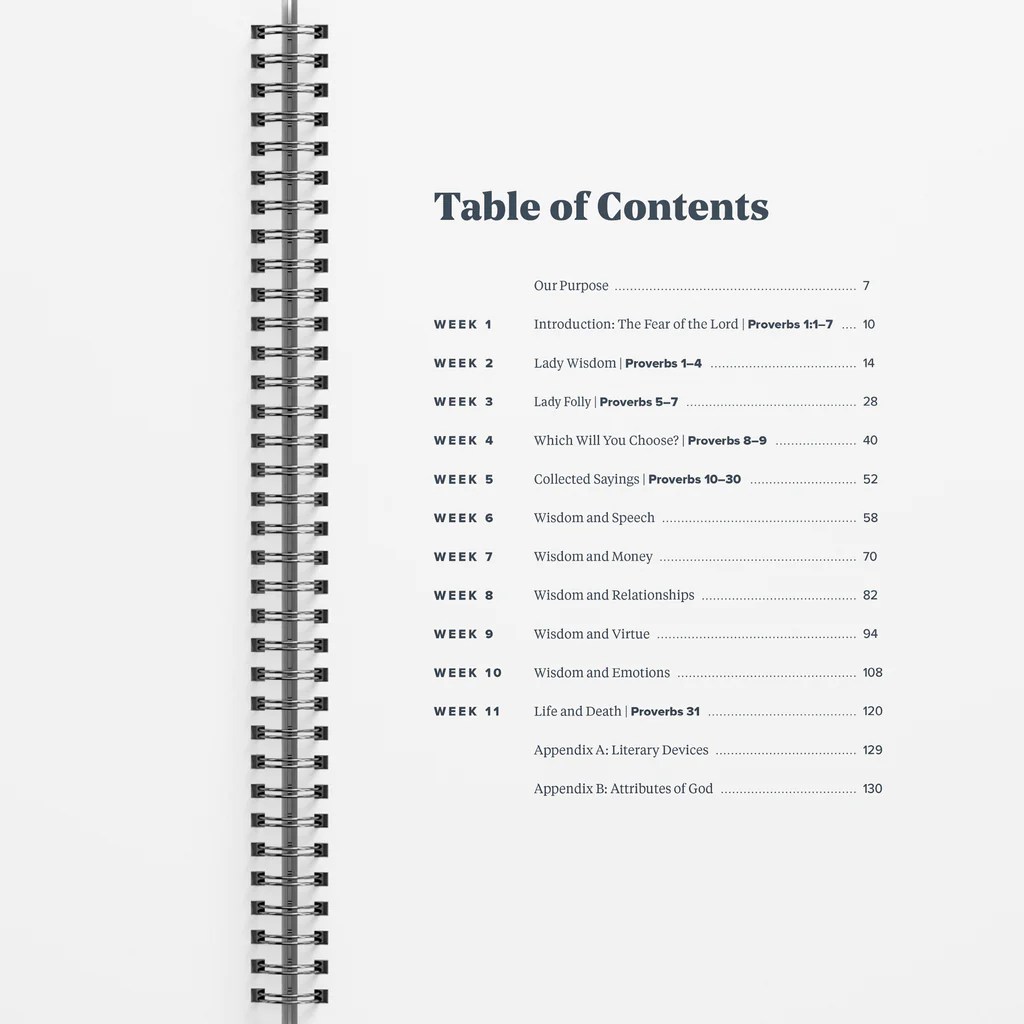
The Book of Proverbs has had a profound impact on Jewish and Christian thought and culture, shaping its ethical teachings, biblical interpretation, and theological doctrines. Its influence extends beyond religious circles, leaving a lasting mark on Western literature, art, and music.
Influence on Jewish and Christian Thought
Proverbs has been a cornerstone of Jewish and Christian wisdom literature, providing moral guidance and practical advice for centuries. Its teachings on justice, righteousness, and the importance of wisdom have deeply influenced the ethical and moral codes of both religions.
The book has also played a significant role in biblical interpretation, offering insights into the character of God, the nature of sin, and the path to salvation. Its proverbs have been used to illustrate theological concepts and support doctrinal teachings.
Impact on Western Literature, Art, and Music
Beyond its religious significance, the Book of Proverbs has influenced Western literature, art, and music. Its proverbs have been quoted and referenced in countless works of literature, from Shakespeare to Mark Twain. Its themes of wisdom, justice, and the human condition have resonated with artists, inspiring paintings, sculptures, and musical compositions.
The book’s influence can be seen in the works of renowned artists such as Rembrandt, who depicted scenes from Proverbs in his paintings. Composers like Johann Sebastian Bach and George Handel incorporated proverbs into their musical works, using them as inspiration for chorales and oratorios.
FAQ Explained
What is the purpose of the Book of Proverbs?
To provide practical wisdom and guidance for daily living.
Who is the author of the Book of Proverbs?
Traditionally attributed to King Solomon, but likely a compilation from various authors.
How is the Book of Proverbs structured?
As a collection of short, pithy sayings arranged thematically.
